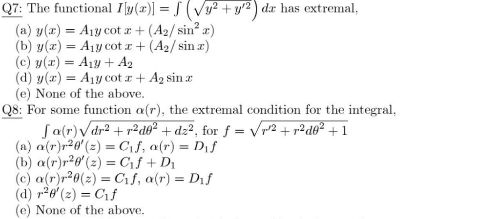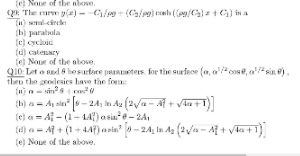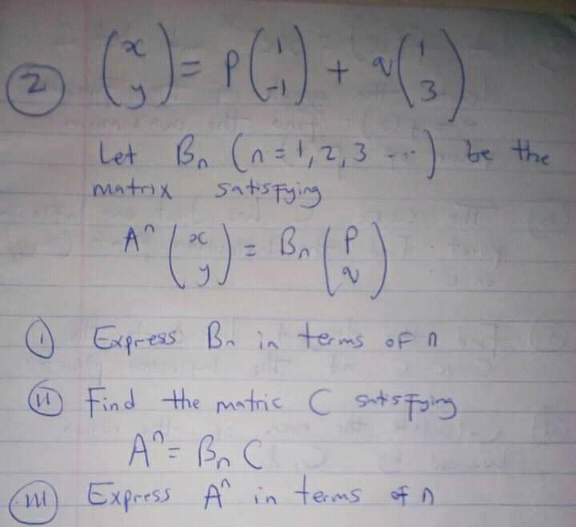
AllQuestion and Answers: Page 753
Question Number 144427 Answers: 0 Comments: 0
Question Number 144424 Answers: 2 Comments: 0
Question Number 144422 Answers: 1 Comments: 0
Question Number 144421 Answers: 0 Comments: 0
Question Number 144420 Answers: 2 Comments: 1

Question Number 144419 Answers: 1 Comments: 0
Question Number 144414 Answers: 1 Comments: 0
Question Number 144413 Answers: 2 Comments: 0
Question Number 144403 Answers: 1 Comments: 0
Question Number 144402 Answers: 1 Comments: 2

Question Number 144406 Answers: 0 Comments: 0

Question Number 144409 Answers: 2 Comments: 0
Question Number 144408 Answers: 3 Comments: 0
Question Number 144396 Answers: 1 Comments: 1
Question Number 144395 Answers: 0 Comments: 0
Question Number 144394 Answers: 0 Comments: 1
Question Number 144389 Answers: 1 Comments: 0
Question Number 144387 Answers: 1 Comments: 0
Question Number 144380 Answers: 1 Comments: 0
Question Number 144379 Answers: 2 Comments: 0
Question Number 144374 Answers: 0 Comments: 0

Question Number 144372 Answers: 0 Comments: 0
Question Number 144373 Answers: 0 Comments: 0

Question Number 144367 Answers: 0 Comments: 1

Question Number 144359 Answers: 1 Comments: 0
Question Number 144353 Answers: 1 Comments: 1

Pg 748 Pg 749 Pg 750 Pg 751 Pg 752 Pg 753 Pg 754 Pg 755 Pg 756 Pg 757
